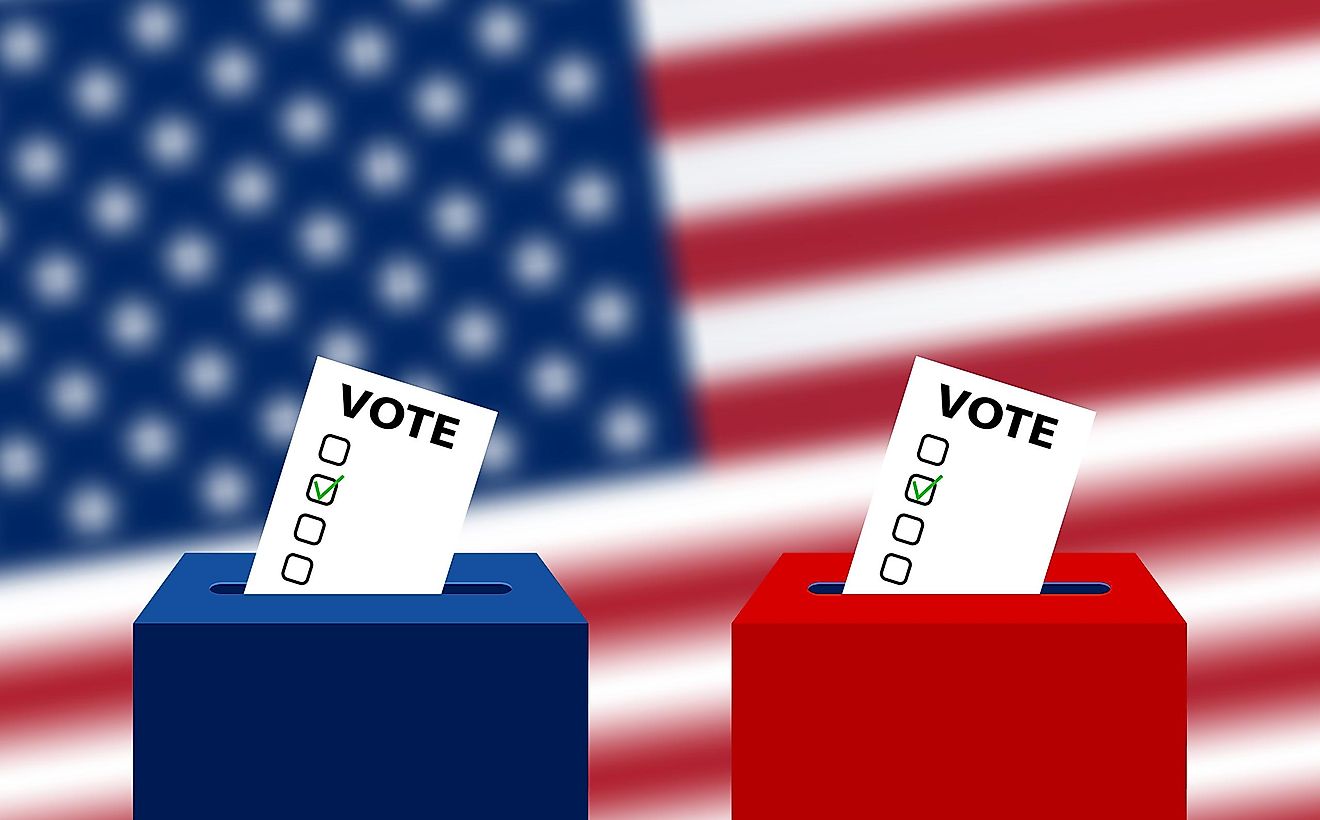How Do U.S. Presidential Elections Work?

Voting for the U.S. president is done through indirect voting in which the citizens cast their vote for the members of Electoral College of U.S. The eligibility requirements for becoming the American President, as explained under Article 2 of the United States Constitution, are:
- The person should be a natural-born citizen of United States of America.
- They should be 35 years of age.
- The person should have been a resident of United States of America for no less than 14 years.
- The person can start his campaigning before they turn 35 years old or complete their residency period of 14 years but this all should be done before the Inauguration Day.
Furthermore, per Constitutional Amendments and major political party guidelines:
- According to the 22nd Amendment of American Constitution, the person cannot be elected for more than 2 terms.
- Additionally, the Vice-President should meet all the eligibility requirements for becoming the President according to the 12th Amendment.
- The Republican candidate needs approximately 1,237 delegates and the Democrat needs near about 2,383 to win a majority.
Primary Elections
In primary elections, the power is given to the citizens of the country for party’s nomination so registered voters are chosen in this form of election in which voting is done through secret ballot. There are two major forms of primary elections, with one being "closed" and the other being "open". In a closed primary, the voter can only vote for the party with which he is registered, whereas in an open primary the voter can vote in either of the two primary groups, but not more than one. State primaries are often run through local and state governments, and the voting is done by way of a "secret ballot", hence the use of veiled voting booths.
Party Nomination Conventions
In the Party Nomination conventions, it can be seen that before the start of the general election, the selection process is held, which determines that which candidate will appear on a ballot for a given political party. The national conventions are held by the parties’ son as to decide upon the candidate for a presidential post. In these conventions, the Presidential nominees and their respective parties can choose their Vice-Presidential running mates as well.
General Elections
It is usually seen that, in the United States of America, the elections often drag on for months at a time before a final winner emerges. In the general elections, the people from every state in the country cast their votes for the President and the Vice-President of the country. When they are casting their vote, it is seen that the votes are being cast by the group of American people known as the "general electorate", with these votes being referred to as the "popular vote".
The Electoral College
In most of the American states, it is seen that if a winner wins the plurality of popular votes in a certain state, then the state’s allocated electoral votes are also won by them. In this system, it can be seen that the State gets the number of electors who are being represented in Congress. It is seen that each collector casts only one vote and the candidate who gets more than 270 votes wins the election. The inauguration of the newly elected President and their Vice-President is carried out in the month of January following the November elections held every four years.











